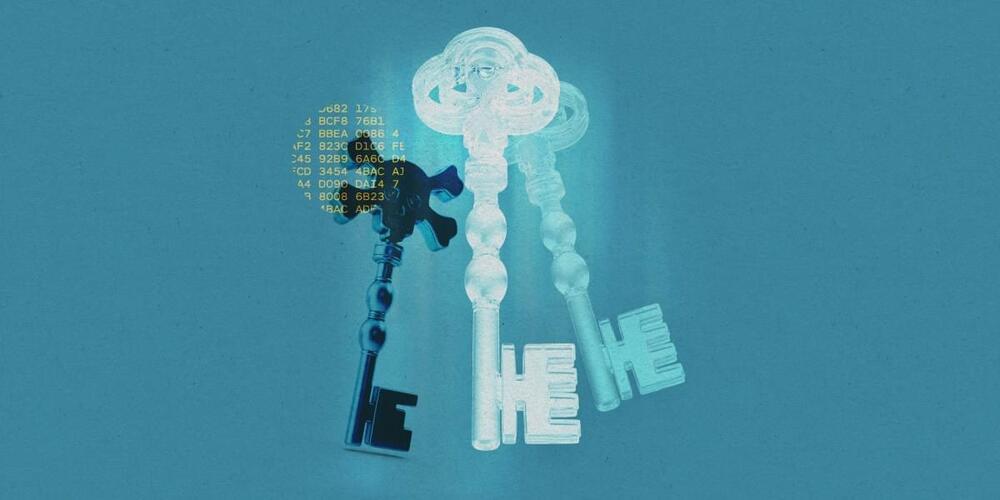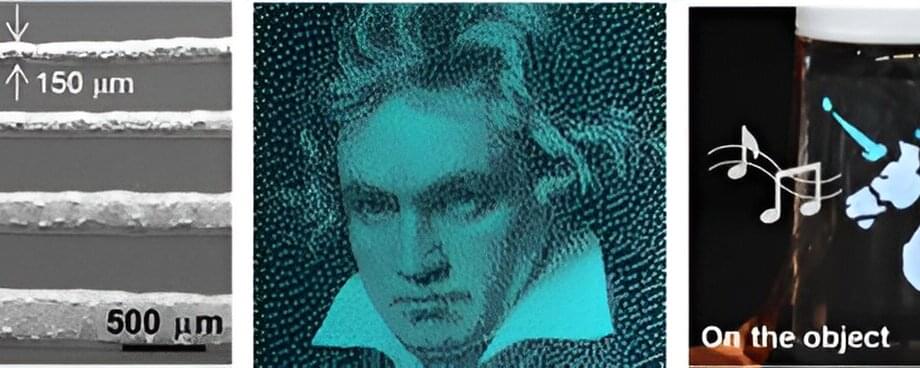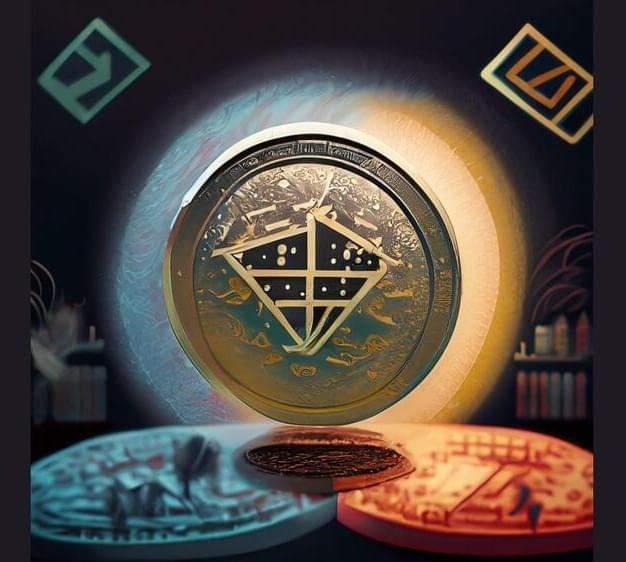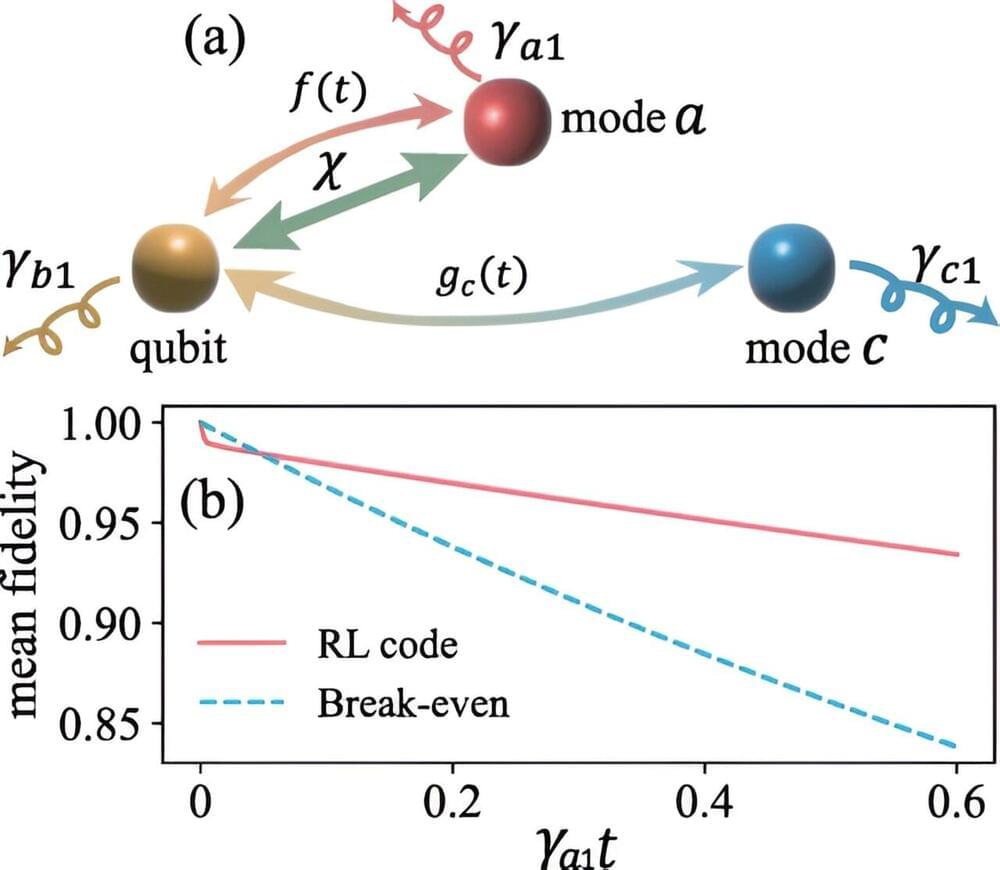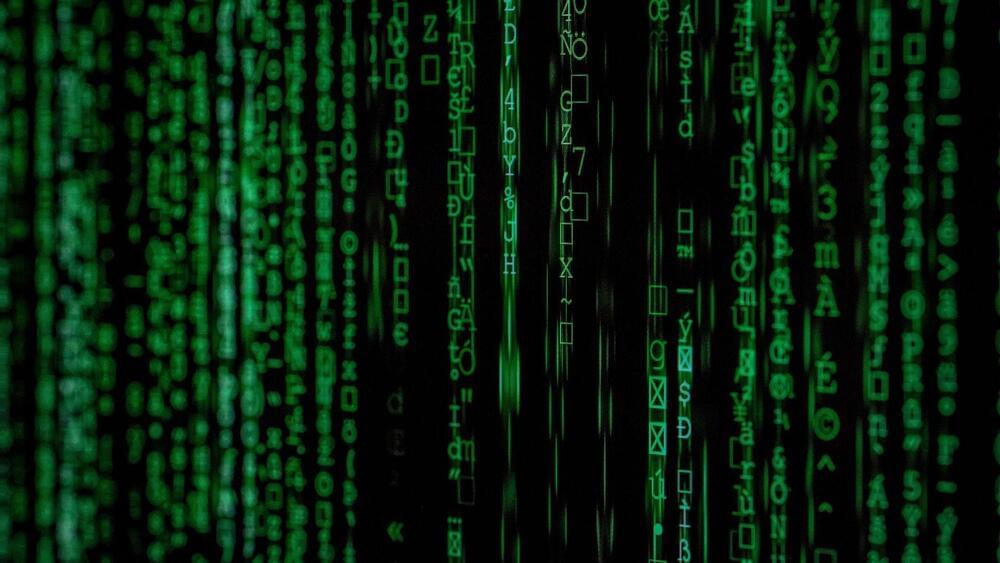Oct 20, 2023
IGF 2023 WS #356 Encryption’s Critical Role in Safeguarding Human Rights
Posted by Gemechu Taye in categories: biotech/medical, encryption, governance, information science, internet, policy
Two types of technologies could change the privacy afforded in encrypted messages, and changes to this space could impact all of us.
On October 9, I moderated a panel on encryption, privacy policy, and human rights at the United Nations’s annual Internet Governance Forum. I shared the stage with some fabulous panelists including Roger Dingledine, the director of the Tor Project; Sharon Polsky, the president of the Privacy and Access Council of Canada; and Rand Hammoud, a campaigner at Access Now, a human rights advocacy organization. All strongly believe in and champion the protection of encryption.
I want to tell you about one thing that came up in our conversation: efforts to, in some way, monitor encrypted messages.
Policy proposals have been popping up around the world (like in Australia, India, and, most recently, the UK) that call for tech companies to build in ways to gain information about encrypted messages, including through back-door access. There have also been efforts to increase moderation and safety on encrypted messaging apps, like Signal and Telegram, to try to prevent the spread of abusive content, like child sexual abuse material, criminal networking, and drug trafficking.
Continue reading “IGF 2023 WS #356 Encryption’s Critical Role in Safeguarding Human Rights” »
